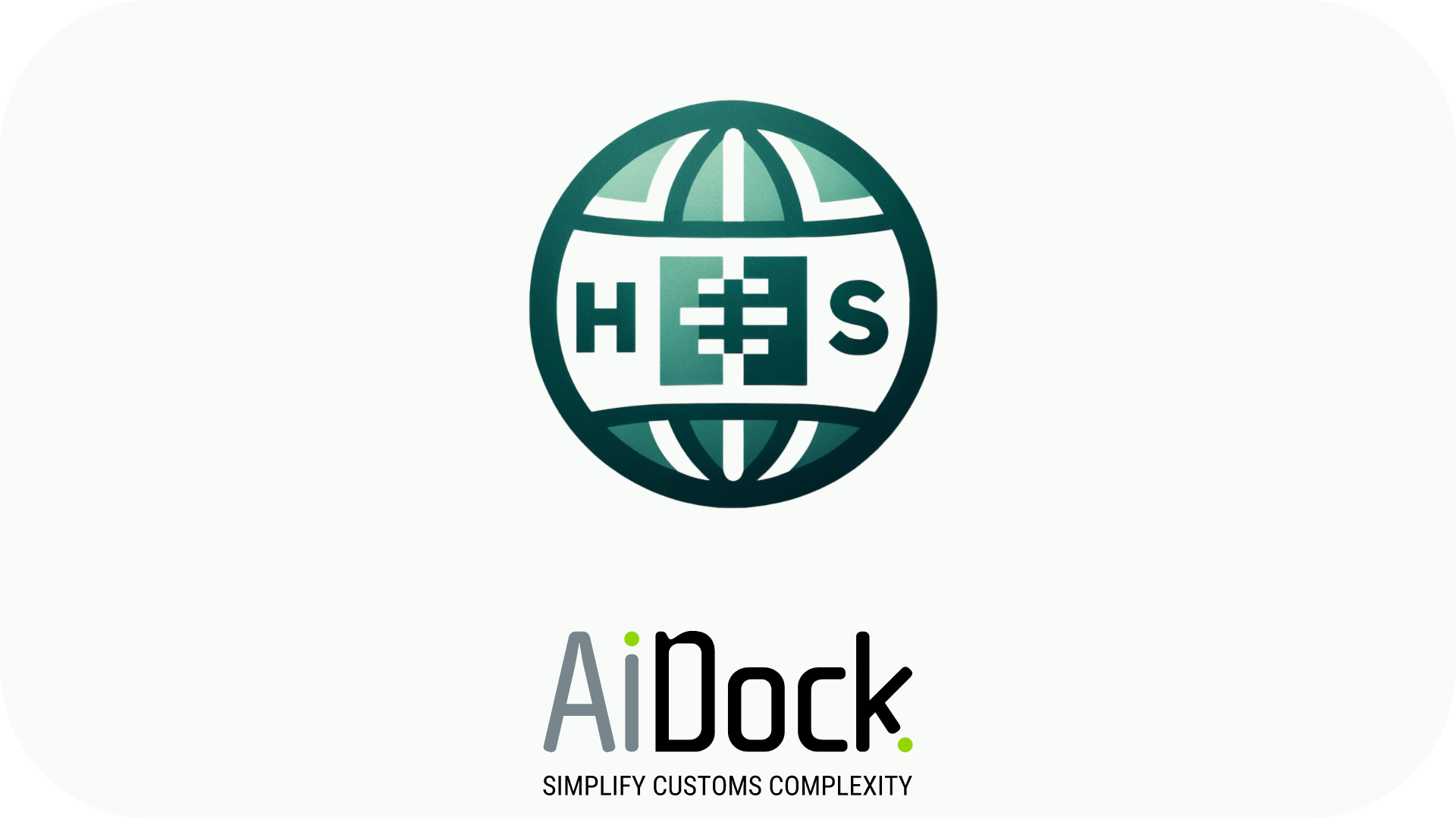As the eCommerce industry continues to grow, more and more goods are being shipped worldwide, making the Harmonized System (HS) a vital tool for standardizing how different countries classify goods for customs tariffs, security, and other purposes. However, with the sheer volume of goods and the flexibility given to countries to create their own low-level codes, HS code classification has become a complex task requiring expert involvement.
HS Code misclassification can have severe consequences for businesses, such as overpaying duties, regulatory compliance fines, follow-on costs, delays, and storage fees. Misclassification can also lead to legacy errors that can persist for a long time, causing a domino effect that can result in a more significant economic impact.
The Impact of HS Code Misclassification
Overpaying Duties
If you don’t classify your products correctly, you might pay more than you need to. It’s important to keep in mind that if you are overpaying due to misclassification, then you are overpaying every time you import/export the misclassified product.
Regulatory Compliance and Fines
Governmental authorities take customs seriously, and HS code assignment is the legal obligation of importers and exporters, making them the primary targets for compliance actions and fines. These penalties can sum to several multiples of the value of the goods in question, and regulators often impose fines retroactively when misclassification is found.
Follow-on Costs
After detecting a misclassification, authorities will most likely comb through your past shipments in search of additional classification errors, collecting unpaid customs and issuing additional fines as they find them. Worse yet, they may hold future shipments until a customs agent can conduct a physical inspection.
Delays and Storage Fees
Improper tariff classification is one of the primary reasons for shipment delays at borders, all the more so when shipments contain a large number of differently classified items. Failing to provide a correct HS code prior to goods arriving at their destination can result in the goods being held until the issue is resolved, requiring storage and other fees to be paid.
Legacy Errors
Once a misclassification embeds itself into your system, it can linger there for a very long time and lead to other misclassifications of related items, items that contain it as a component, etc. The discovery of the original misclassification can then cause a domino effect, leading to an even greater economic impact.
Introducing Cody – The AI-Based Solution to HS Code Misclassification
AI technologies have been developed to provide a reliable, fast, and precise classification method that can reach a high level of accuracy, monitored online. AIDock has developed a revolutionary solution called Cody, an automated HS code classifier that offers:
- An unmatched 95%-99% classification accuracy rate, as compared to the 78% average global accuracy rate (manual and automated).
- Super-speed – Cody can classify millions of HS codes every second.
- Simple and seamless integration
- Pay per correct HS code
Don’t let HS Code misclassification disrupt your business or tarnish your reputation. Contact AIDock today to find out more about Cody and their other intelligent customs solutions. Visit their website at www.AiDock.net or drop them a mail at Info@aidock.net.




